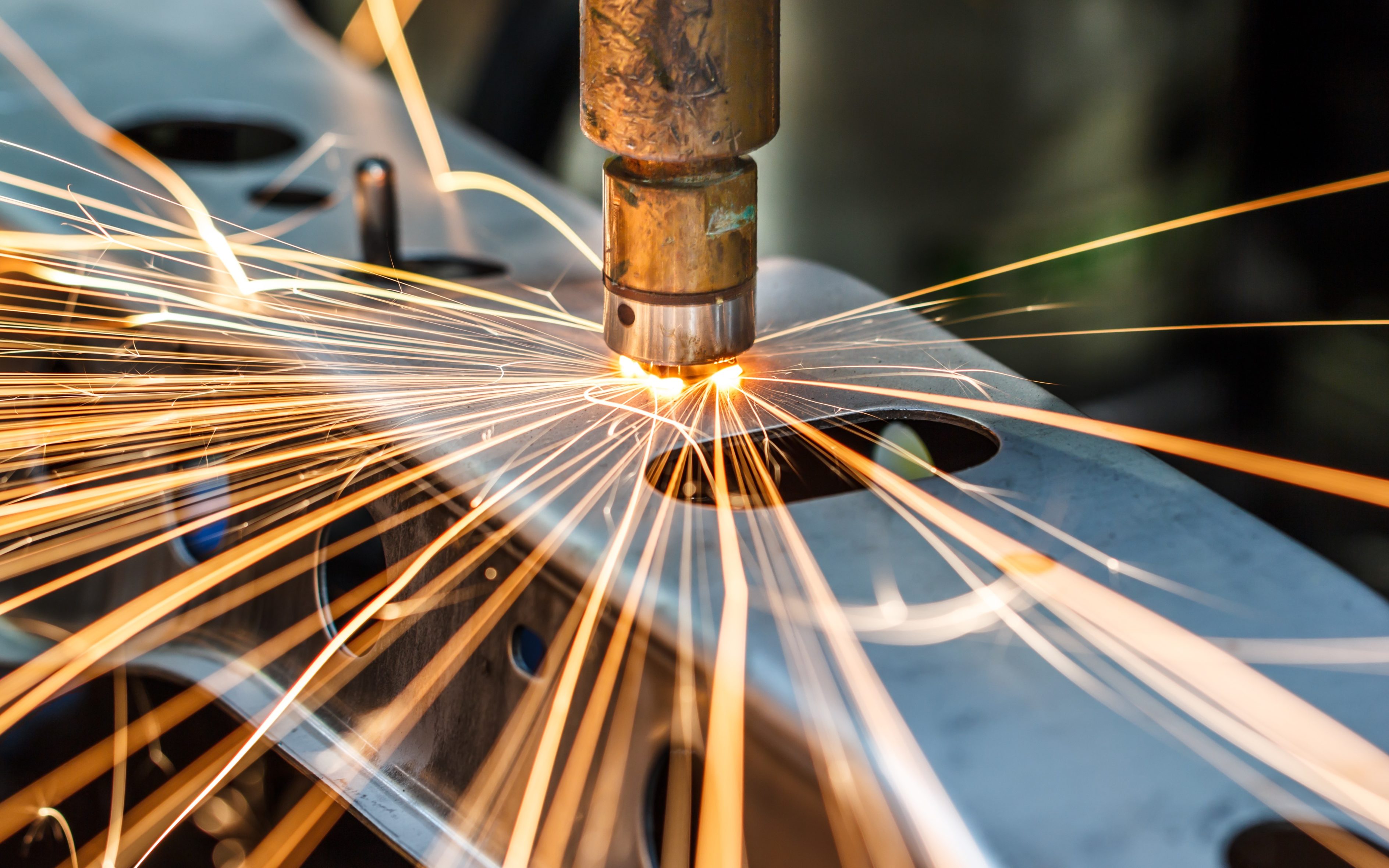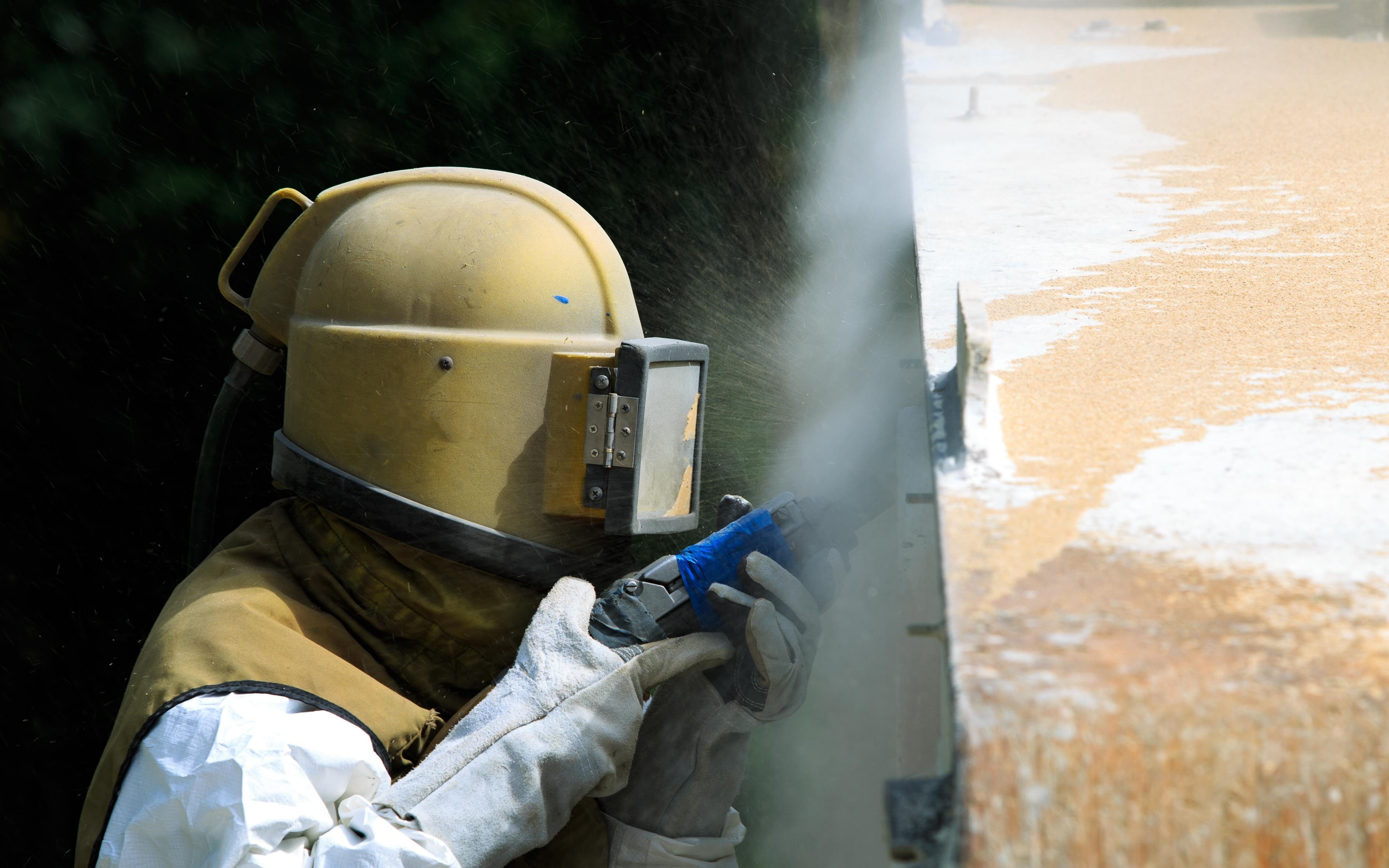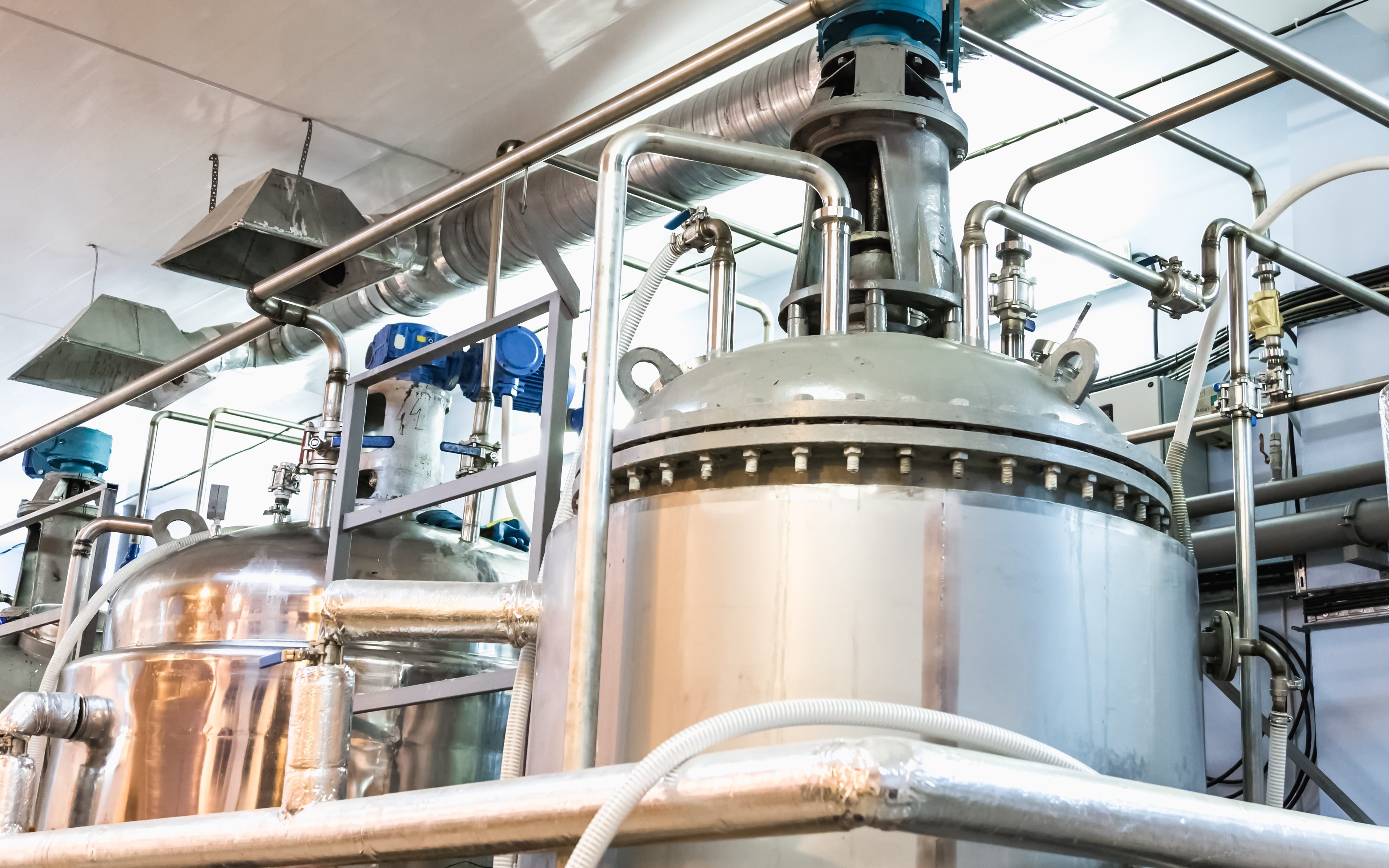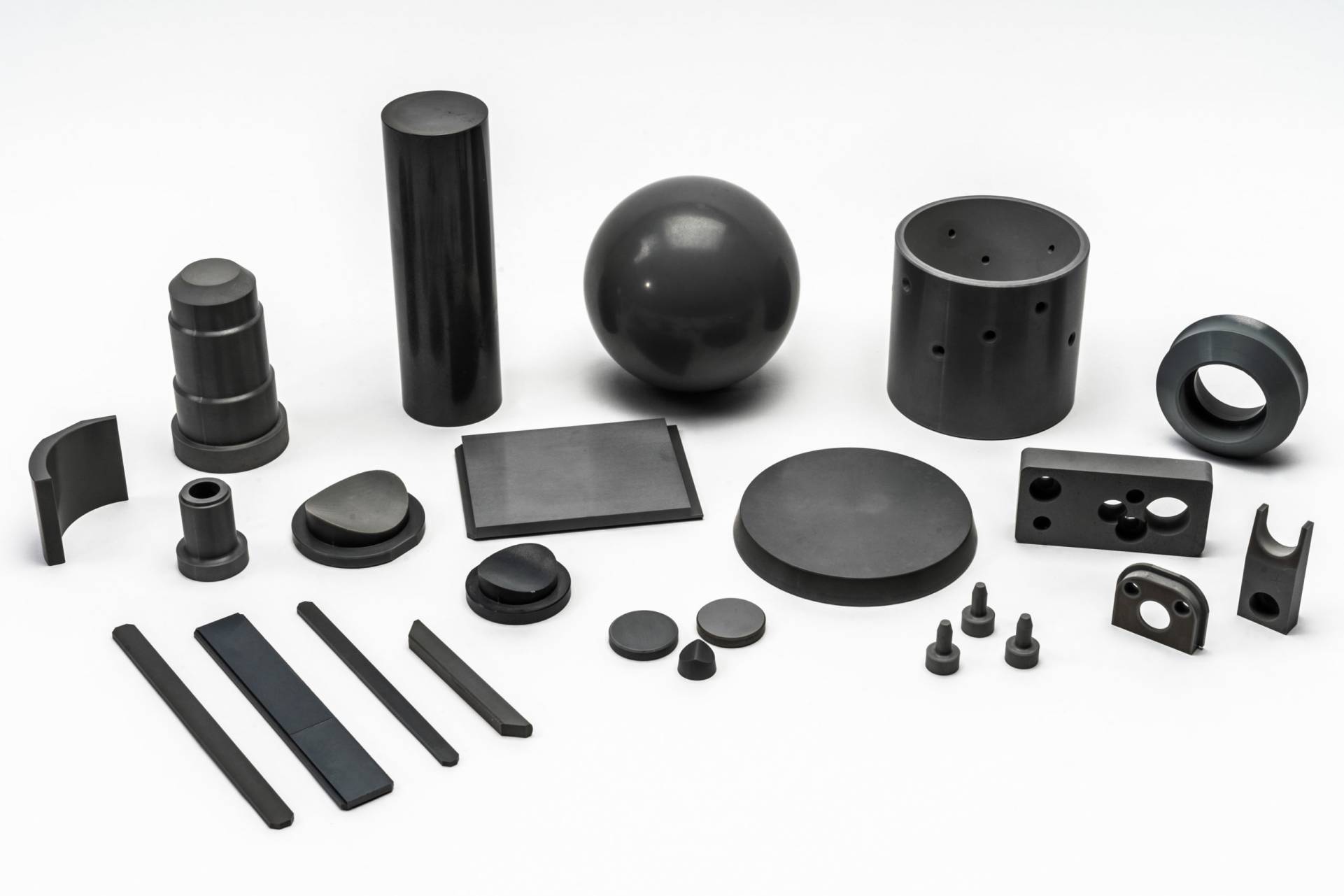CHEMICAL RESISTANCE
The Problem: Degradation, Downtime, and Cost
Industrial equipment operating in chemically aggressive environments must endure far more than wear. Components are frequently exposed to corrosive acids and alkalis, molten metals, chlorine-rich atmospheres, and abrasive slurries—all of which can degrade conventional materials rapidly.
Key chemical resistance challenges include:
- Corrosive attack from hydrochloric acid, sulfuric acid, and sodium hydroxide
- Molten metal interaction with aluminum, zinc, and copper alloys at elevated temperatures
- High-temperature oxidation and thermal cycling, particularly in the presence of chlorine gas
- Abrasive-corrosive synergy, where suspended particulates and corrosive fluids accelerate failure
These conditions compromise the integrity of traditional metals and ceramics, often requiring frequent replacement, increased maintenance, and risking process contamination.
International Syalons offers advanced ceramic materials engineered for high chemical resistance and thermal durability. These sialon-based ceramics provide a robust alternative to metals like stainless steel and Inconel, particularly in extreme pH, high-temperature, or dual chemical-abrasive conditions.
- Stable in chlorine gas up to 1000°C
- Maintains strength in molten aluminum at 950°C for extended periods
- Resists corrosion by molten zinc and non-ferrous alloys
Component Applications
International Syalons offers engineered ceramics in several component forms to meet demanding process requirements:
- Ceramic Tubes: Replace Inconel for chemical transport, offering significantly longer service life in acid and alkali conditions
- Impellers: Withstand abrasive slurries and prevent chemical contamination
- Mechanical Seals: Provide low friction, corrosion resistance, and minimal leakage in chemically aggressive pumping systems
- Welding Pins: Maintain structural integrity in chemically active and thermally extreme welding environments
Why It Works
Sialon ceramics derive their durability from a carefully engineered microstructure:
- Elongated β-SiAlON grains improve toughness and resistance to crack propagation
- Refractory intergranular phases prevent corrosive attack from penetrating the surface
- Non-wetting behavior reduces material adhesion and reactivity in molten metal environments
These features allow Syalon ceramics to maintain strength and dimensional stability under high chemical load and thermal stress.

- Material testing against specific chemical profiles
- Component prototyping tailored to application geometry and exposure conditions
- Technical support for transitioning from metal to ceramic-based solutions
Contact us to discuss your application and explore your options for chemically resistant ceramic components.

Sialon and zirconia provide the high temperature strength and non-wetting properties necessary for metal casting, extruding, and welding.

Technical ceramics are characterised by excellent mechanical strength and hardness, and are widely used in extreme wear applications.

Silicon nitride offers excellent corrosion and thermal resistance and are ideal materials for use in the chemical and process industries.

